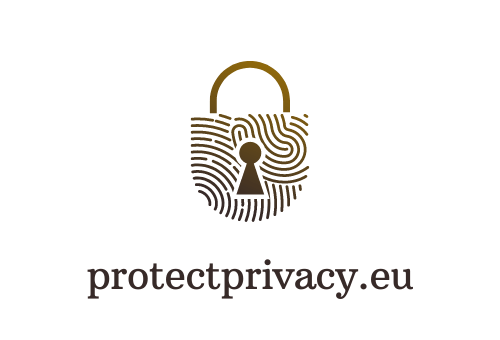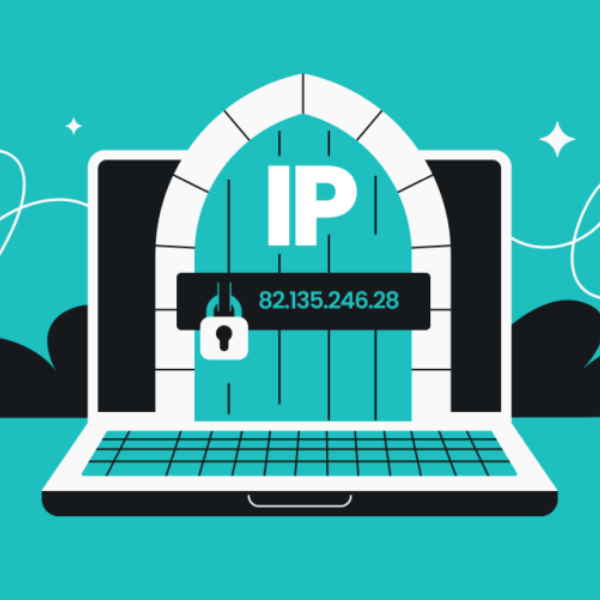What is Phishing? And How To Avoid Falling Victim?

Phishing is a type of online scam where criminals try to steal sensitive information, such as login credentials or credit card numbers, by impersonating a trustworthy entity. These scams are usually conducted through email, instant messaging, or social media, and they often try to trick people into clicking on a malicious link or downloading a malicious attachment.
Phishing scams can be very convincing and can fool even the most cautious of internet users. However, there are some tips you can follow to protect yourself from becoming a victim of phishing:
Be cautious of unsolicited emails or messages
If you receive an email or message from someone you don’t know, be cautious. Don’t click on any links or download any attachments until you’re sure it’s legitimate. Also, be wary of emails or messages that claim to be from a trusted source but ask you to provide sensitive information, such as your password or credit card number.

Check the URL of the website
When you receive an email or message that directs you to a website, check the URL carefully. Phishing websites often use a URL that is similar to a legitimate website but with a slight difference in spelling or domain name. For example, instead of “paypal.com,” a phishing website might use “paypa1.com” or “paypal-security.com.”
Verify the sender’s identity
If you receive an email or message from someone claiming to be from a trusted company or organization, verify their identity before taking any action. Check the sender’s email address carefully, and if you’re still unsure, contact the company or organization directly to confirm the legitimacy of the email or message.
Keep your software up-to-date
Phishing scams often rely on exploiting vulnerabilities in outdated software or operating systems. Keep your software up-to-date to reduce the risk of being targeted by these scams.
Use anti-virus software and a firewall
Anti-virus software and a firewall can help protect your computer from phishing scams and other types of online threats. Make sure to keep these programs up-to-date and running at all times.
Use strong passwords
Using strong passwords that are difficult to guess can help protect your accounts from being compromised. Avoid using common words or phrases, and make sure to use a mix of upper and lowercase letters, numbers, and symbols.
Be Cautious!
In conclusion, phishing is a serious threat that can result in financial loss and identity theft. However, by following these simple tips, you can protect yourself from becoming a victim of phishing scams. Remember to always be cautious of unsolicited emails or messages, verify the sender’s identity, and keep your software up-to-date. With these precautions in place, you can safely enjoy all the benefits of the internet without worrying about falling prey to phishing scams.







